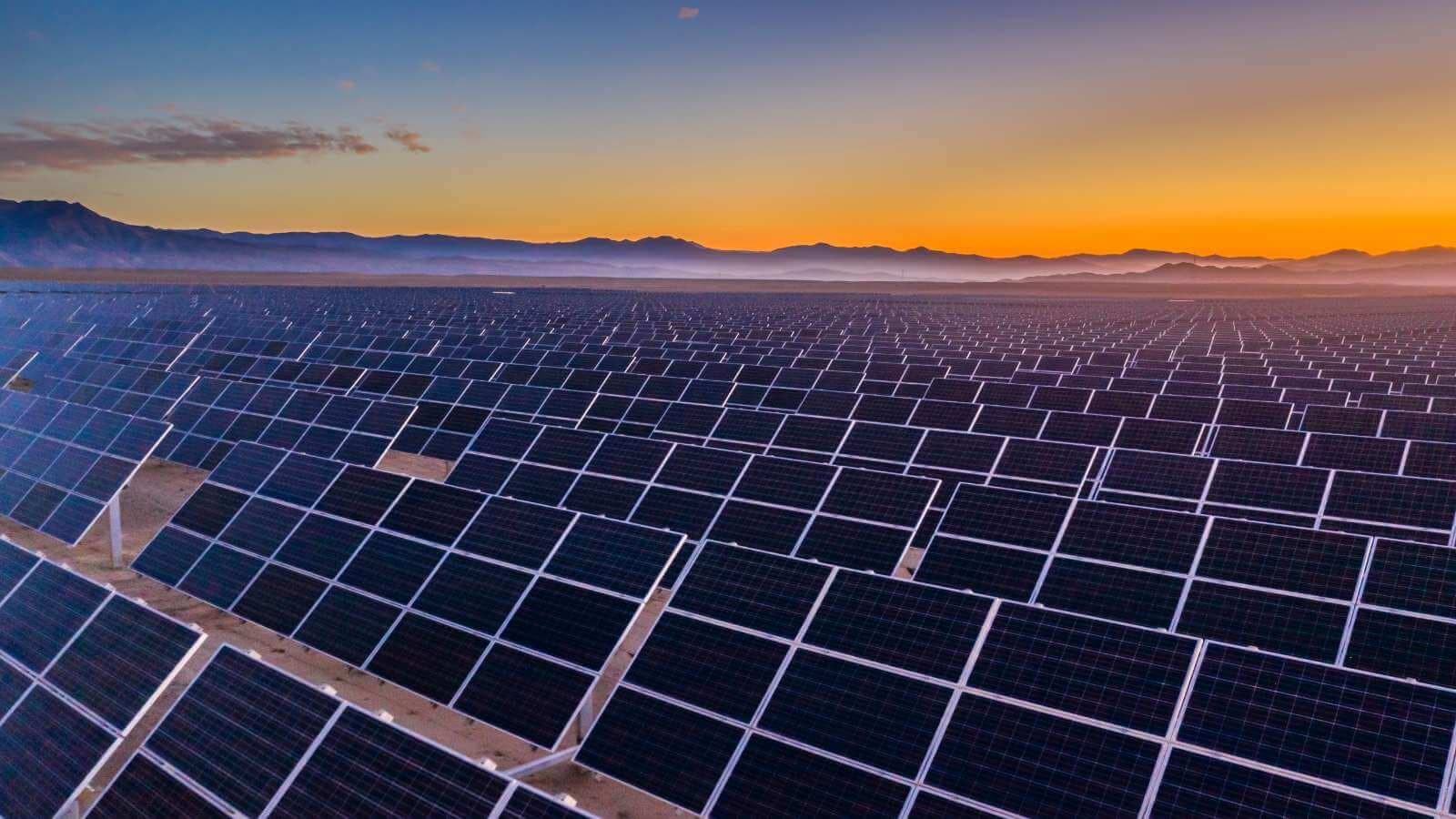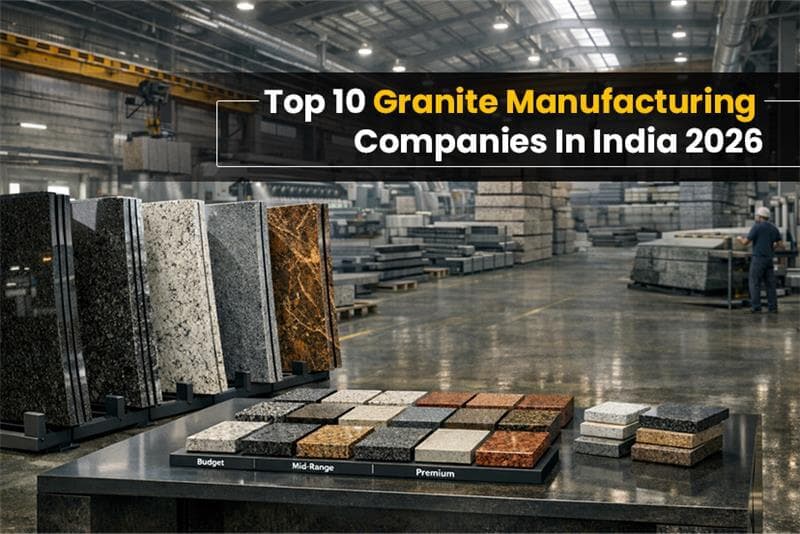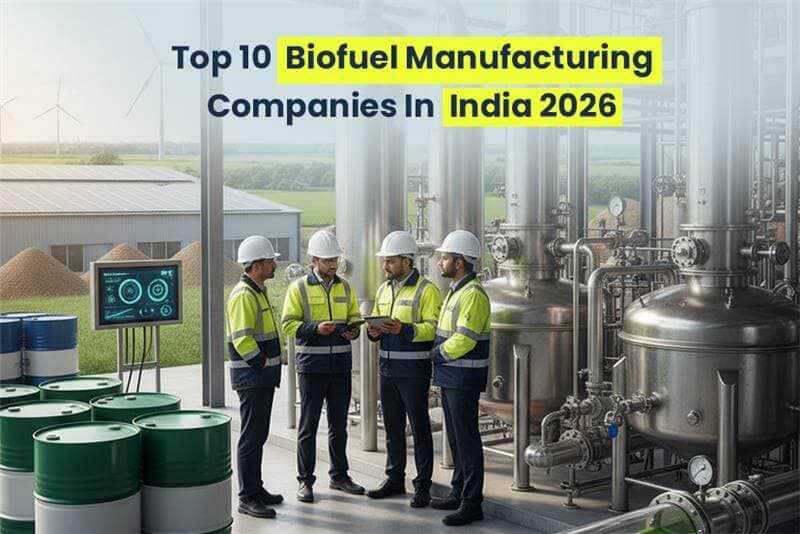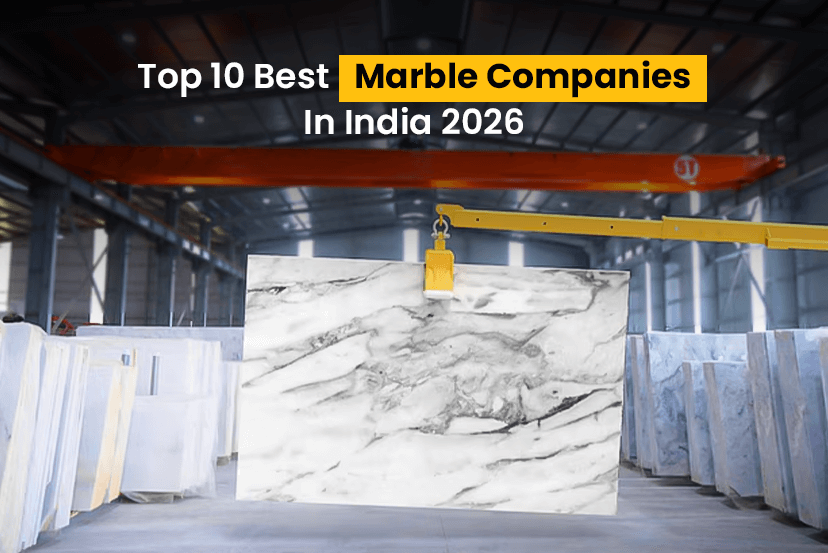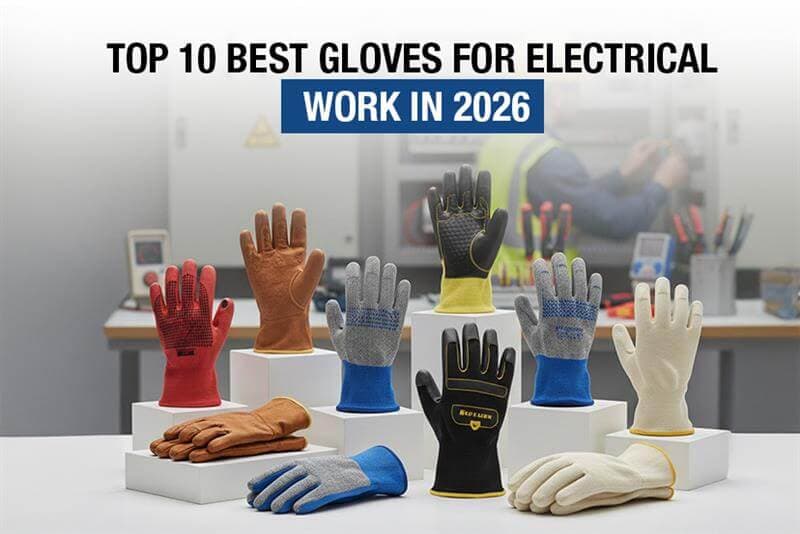Here’s the big bang news from India’s solar energy sector. In February 2022, India surpassed 50 GW of total installed solar capacity. What does this imply for EPC companies with interests in solar energy?
The Opportunity Size for EPC Companies in India’s Solar Energy Landscape
India has set an ambitious goal of producing 500 GW of renewable energy by 2030. Out of the targeted 500 GW of renewable energy, about 300 GW will be supplied by utilizing India’s immense solar energy potential.
The road to achieving over 300 GW of installed solar capacity represents a steep curve. Whatever challenges waylay India from achieving its solar power goals can be overcome with a concerted push by a superior collaboration between the government, EPC companies, OEMs, and suppliers.
How Do We Locate the Coordinates of Value in India’s Solar Energy Value Chain?
Out of the 50 GW solar capacity in India, over 42 GW stems from photovoltaic (PV) systems mounted on land, whereas around 6.48 GW comes from roof-top solar, and 1.48 GW is generated from off-grid solar PV. Ground-mounted PV systems are investment intensive and strain the company’s capital expenditure capabilities to expand its solar energy operations.
Modules, Share in Solar Energy Project Costs: 70%
Modules comprise the most significant cost component of about 70% of solar energy projects. India still imports 80-90% of its solar components.
Going with India’s Aatmanirbhar policies, the Union Budget FY23 has allocated an additional INR 19,500 crore to the Production Linked Incentive (program) to enhance India’s PV manufacturing heft. India’s production-linked incentive push to the solar industry has meant that Indian solar modules manufacturers are fast bridging the gap.
Modular Mounting Structures, Share in Solar Energy Project Costs: 10%
MMS accounts for 10% of the solar energy project costs. Modular Mounting Structures (MMS) are the supporting structures for the modules. Without these Modular Mounting Structures supporting the modules, the solar energy plant will fail miserably, considering that the modules need to be aligned at the right angle to catch the maximum possible solar irradiation.
The highest potential installation of the modules is a mark of competency of the EPC company. A strategic sourcing partner with broad experience in cultivating and consolidating a supplier base can help EPC companies access many suppliers who produce MMS at cost-effective rates without diluting quality benchmarks.
Transformers, Share in Solar Energy Project Costs: 10%
Transformers constitute about 10% of the total costs incurred in a solar energy project. These are specialized equipment manufactured by a select few vendors across the length and breadth of the country.
Sourcing transformers can be a very tricky task requiring coordination and calibration between several players in the pipeline. While procuring, it is necessary to ensure that the vendor’s background is strong enough to withstand a credibility check.
A good vendor can provide a track record of the customers serviced. Moving expensive machinery like transformers is riddled with problems and roadblocks at every turn, and without complete value chain visibility, chances of compromise on quality, delays, and logistical mishaps multiply manifold.
Next is What? Setting New Benchmarks and Bridging Gaps in the Solar Energy Supply Chain
In 2021 alone, India added a record-breaking 10 GW of solar power to its total power capacity. The solar energy capacity addition in 2021 registered a phenomenal rise of 200% over 2020, indicating an immense appetite in entrepreneurs to explore this avenue.
However, enthusiasm will have to be coupled with new-age procurement and supply chain capabilities for a solar energy project to be successful.
How Moglix MaaS Solutions for Solar Energy Projects Can Benefit EPC Companies?
Moglix’s solutions ensure that the supplier base is consolidated, inefficiencies in the logistic chain are weeded out, and the end-to-end digitization of the value chain lends unparalleled clarity to EPC companies. Moglix’s vast experience in this domain can help you navigate the source to site supply chain journey. To know more, click the link here
